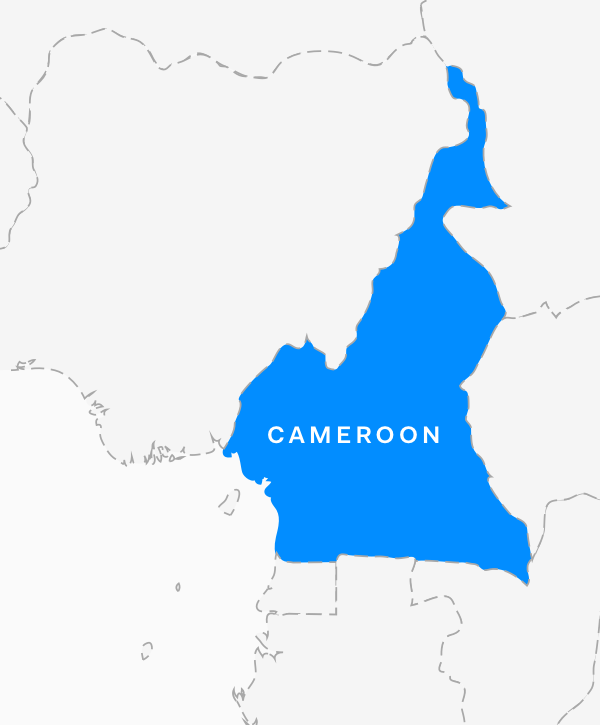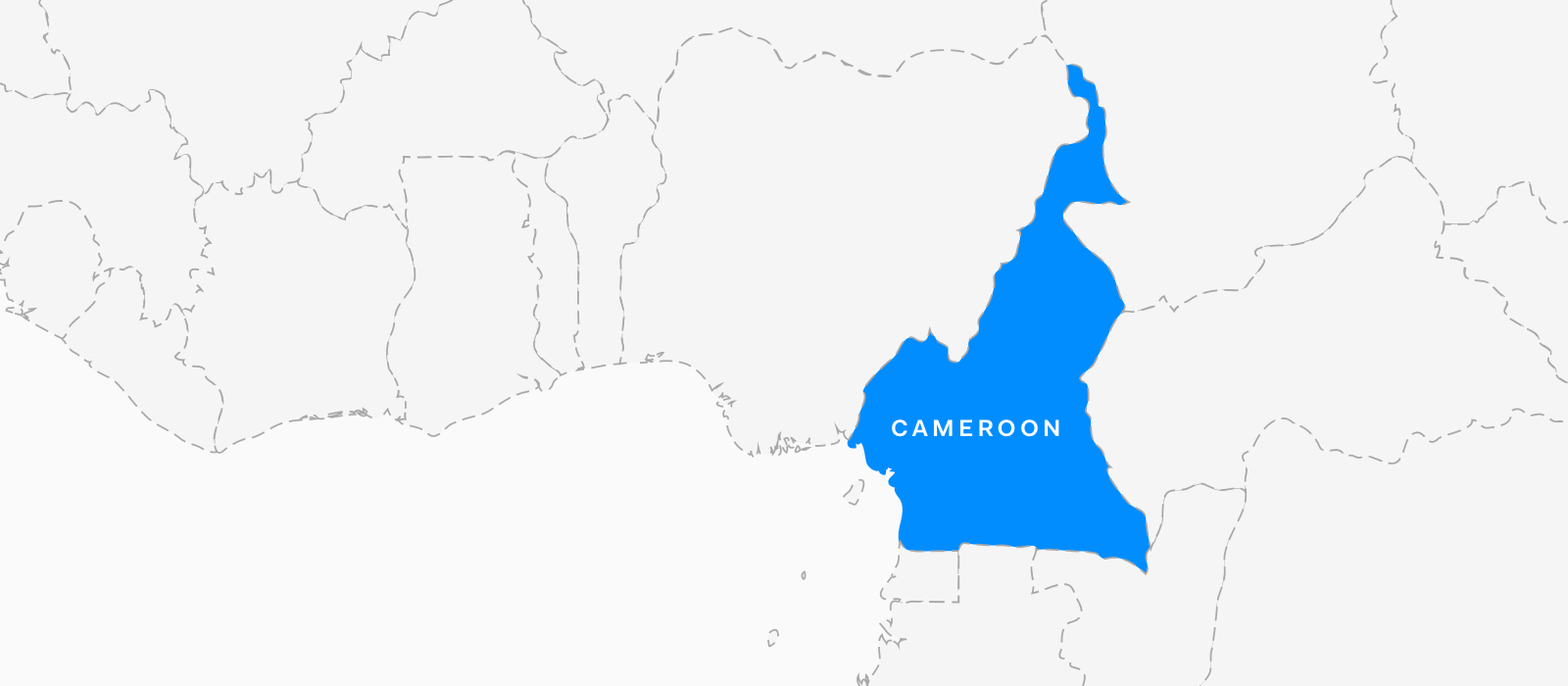The West African nation of Cameroon faces multiple, worsening conflicts that have created a dire humanitarian crisis. Internal sociopolitical struggles that have devolved into armed conflict, the constant threat of violent attacks from extremist group Boko Haram, and a growing refugee crisis in the broader Central African region have undermined the political stability in Cameroon and left more than 4.7 million people in the country in need of urgent humanitarian assistance. More than 2 million people have been forcibly displaced and thousands of people have died.
The Biden Administration should not only extend Temporary Protected Status (TPS) for Cameroon but also redesignate the country for TPS to ensure that more individuals are not returned to deadly conditions in a country facing such violence and instability. While an extension would continue to provide protections for current TPS holders, a redesignation would allow all eligible Cameroonians in the U.S. to have access to this lifesaving form of humanitarian relief.
In April 2022, the Department of Homeland Security announced the initial designation of TPS for Cameroon, citing “the extreme violence perpetrated by government forces and armed separatists, and a rise in attacks led by Boko Haram.” Since then, the situation has only worsened: armed violence persists and the latest peace process is completely stalled. Human rights abuses against civilians continue to be widespread from all sides of the conflict, including violations of press freedom, arbitrary arrests, torture, sexual violence, kidnappings, and even extrajudicial killings. At the same time, essential infrastructure like hospitals and schools have been devastated.


